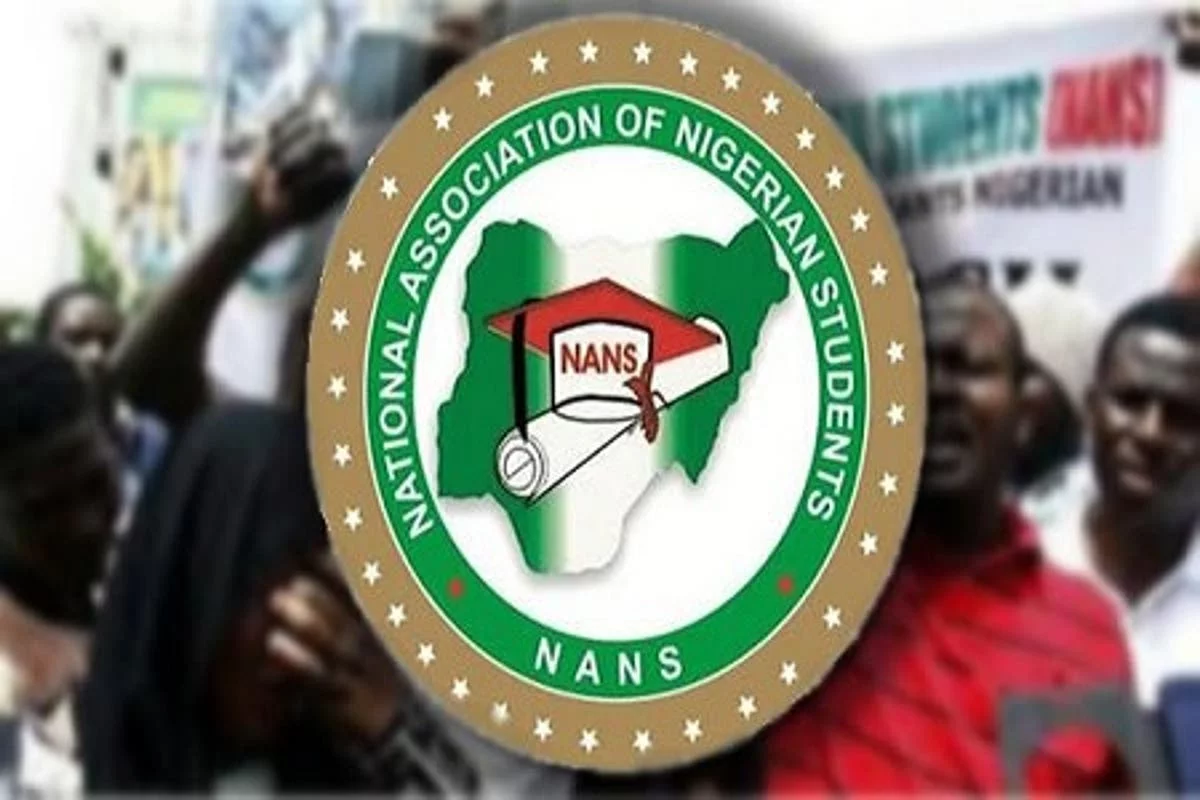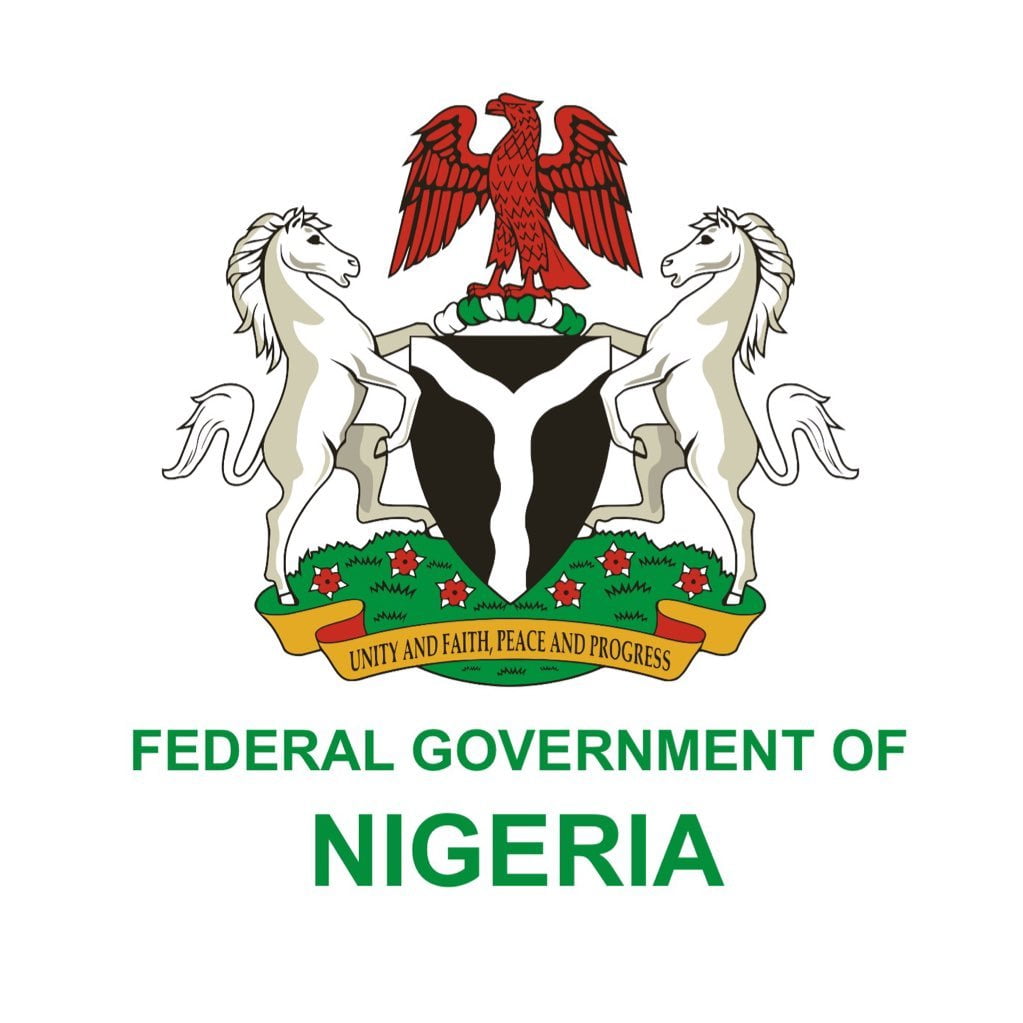Policymakers in the Federal Ministries, Agencies, and Departments (MDAs) and in the National Assembly (NASS) have been urged to consistently use evidence synthesis reports to inform policy and programmatic decisions.
The Vice-Chancellor of David Umahi Federal University of Health Sciences, Uburu, Ebonyi State, Professor Jesse Uneke, made this call during the Second National Stakeholders’ Engagement Event at Rockview Classic Hotel in Abuja.
Uneke, who is also the founder of the African Institute for Health Policy & Health Systems at Ebonyi State University, emphasized the need to develop the technical capacity of middle and senior-level policymakers on the use of context-specific evidence to support policy-making in Nigerian MDAs.
He stressed that the nation needs to shift focus toward strengthening individual, organizational, and national capacities to deliver on goals and mandates.
Participants in the event were drawn from the Federal Ministries of Health, Environment, and Power, as well as from the National Agency for Food and Drug Administration and Control (NAFDAC), the National Environmental Standards and Regulations Enforcement Agency (NESREA), the National Assembly, civil society organizations, and the media.
The meeting, supported by the International Development Research Centre (IDRC) Canada, witnessed over 100 participants in attendance and featured guest facilitators.
Speaking during the event, some guest facilitators, including Violet Murunga of AFIDEP Kenya, shared the Kenyan experience of using evidence to inform policy, while Anna Ninsiima from Makerere University Uganda spoke on integrating gender equity in evidence-informed policy institutionalization processes within government ministries and agencies.
Uneke informed participants that the meeting marked the commencement of a series of trainings targeted at developing the capacity of policymakers in evidence-informed policymaking.
He commended TETfund for supporting research projects in Nigerian universities and advocated for TETfund to liaise with MDAs to identify their areas of policy priorities and commission research in those areas within the universities.
MDAs, NANS tasks on use of evidence policy-making



